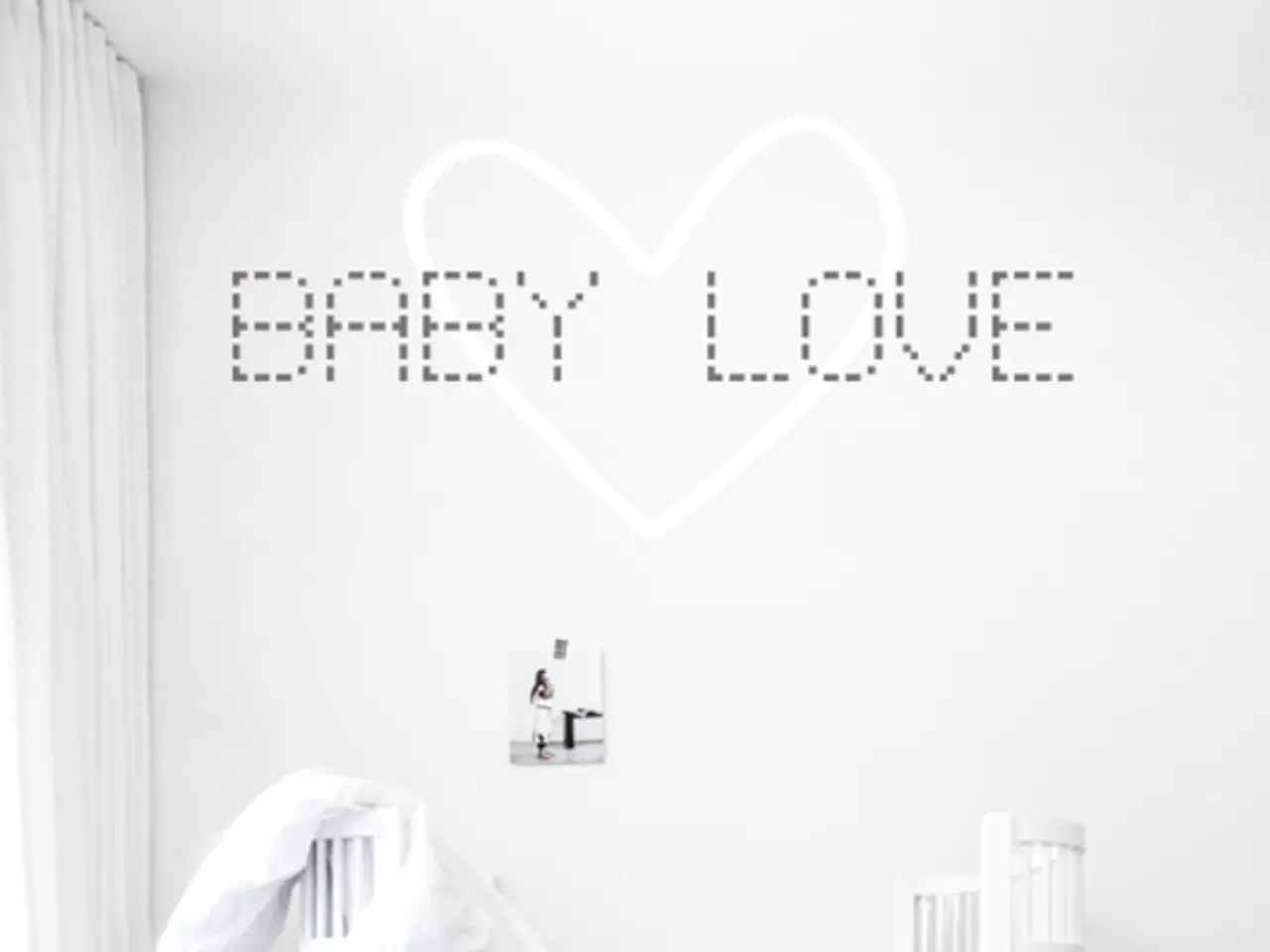Quiz Measurement of Attachment Styles
In the realm of understanding human relationships, attachment styles play a significant role. These patterns, which can be traced back to our early childhood experiences, influence how we connect with others as adults. One accessible way to identify your attachment style is by taking a self-report questionnaire, a popular and easy-to-use tool.
To begin, simply find a validated self-report attachment style quiz online. These quizzes consist of a series of questions designed to explore your feelings, thoughts, and behaviors in relationships. The questions assess patterns consistent with different attachment styles: secure, anxious, avoidant, and disorganized.
Answering honestly about your relationship experiences is crucial. The questionnaire asks about your comfort with intimacy, your response to closeness or rejection, dependence or independence in relationships, and how you manage emotional needs.
Once you've completed the quiz, you'll typically receive a summary indicating your predominant attachment style. Some platforms offer an advanced, personalized report that explains your strengths, challenges, and suggests action plans for personal growth.
Understanding the four primary attachment styles can help you understand your relationship patterns and guide strategies to improve emotional connection and communication. Here's a brief overview:
- Secure individuals are comfortable with intimacy and emotional regulation. - Anxious individuals are preoccupied with rejection and overly dependent. - Avoidant individuals fear emotional closeness and tend to distance themselves. - Disorganized individuals lack a consistent attachment strategy, often displaying chaotic behavior.
It's important to note that this quiz is a starting point for self-reflection, not a clinical diagnosis. Attachment styles can change over time with self-awareness and effort, and it's common to have traits from multiple styles.
While self-report questionnaires are the most common and accessible tools, for more clinical or precise assessments, interviews like the Adult Attachment Interview exist. These require trained raters and are not self-administered.
Remember, the goal is not to label oneself, but to understand patterns and work towards healthier, more fulfilling relationships. If you're seeking a more thorough assessment and guidance on improving relationship patterns, it's recommended to consult with a mental health professional.
The quiz consists of 20 questions assessing attachment styles, and by summing the scores for the corresponding 5 questions, you can determine your predominant attachment style. With this newfound understanding, you're better equipped to reflect, grow, and cultivate healthier, more fulfilling relationships.
- In the study of human relationships, understanding attachment styles is crucial as they stem from early childhood experiences and influence our connections as adults.
- To identify your attachment style, take a validated self-report questionnaire online, which consists of questions assessing feelings, thoughts, and behaviors in relationships.
- Being honest about your relationship experiences is vital when answering questionnaire questions, which examine comfort with intimacy, response to closeness or rejection, and emotional needs management.
- Upon completion, the questionnaire usually provides a summary, indicating your predominant attachment style, such as secure, anxious, avoidant, or disorganized.
- Comprehending these primary attachment styles can help you grasp your relationship patterns and devise strategies to enhance emotional connection and communication.
- Secure individuals are comfortable with intimacy and emotional regulation, while anxious individuals fear rejection and crave excessive dependence.
- On the other hand, avoidant individuals distance themselves from emotional closeness, and disorganized individuals display unpredictable behavior due to a lack of a consistent attachment strategy.
- Though a self-report questionnaire is a starting point for self-reflection, it should not replace clinical diagnoses made by mental health professionals.
- Consulting with a professional, incorporating psychotherapy, and adopting healthy lifestyle practices are essential for personal growth, improving relationship patterns, and achieving more fulfilling relationships in the realm of mental health and wellness.




